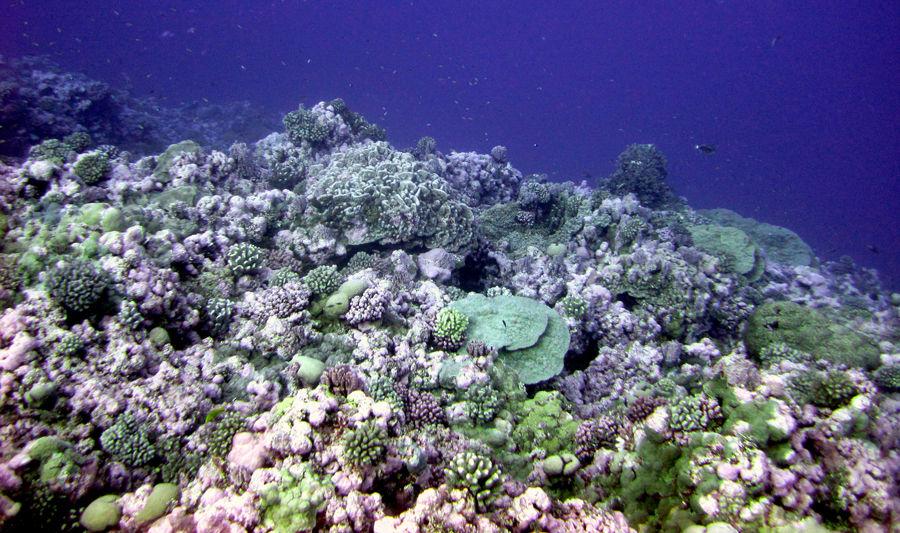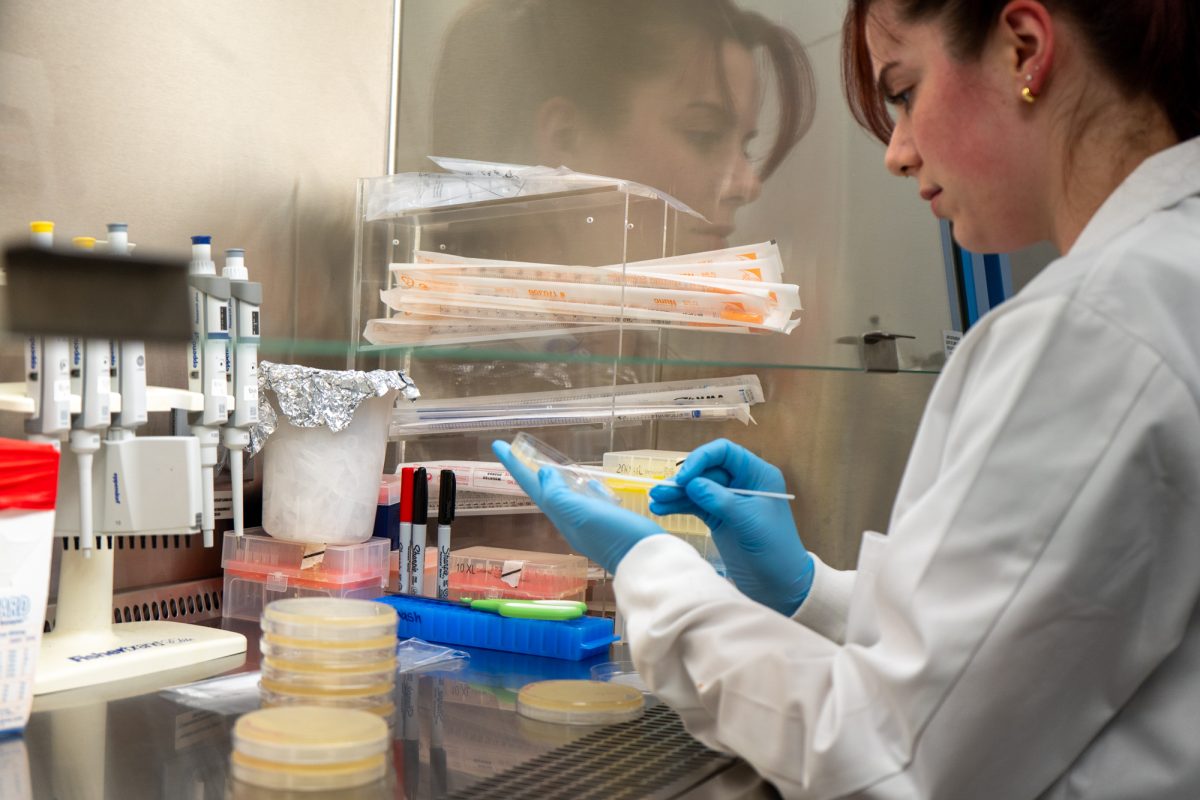When it comes to the world of science, discoveries and breakthroughs are made every day. To help you keep up with them, The Battalion compiles a few of the most compelling scientific stories from the past week.
Astronomy: The Milky Way galaxy is in its second life, having previously died over a 10 billion year time period
A new study presents evidence that the Milky Way galaxy is currently in its second life, and a process known as cold flow accretion helped create the galaxy that holds human life. Cold flow accretion involves a process in which galaxies collect gas during their formation and in their composition they collect a history of previous elements like oxygen, magnesium and silicon.
As the stars are formed and reach their natural endpoints, they hit an explosion of short supernovas that collectively heat up gases to a warmer temperature. The heat created from this brings cold gas accretion to a stop, and iron begins to be brought into stars changing their composition and creating a second generation of stars, thus giving a second life to the Milky Way.
Environment: High levels of toxic air causes impact on intelligence equivalent to having lost a year of education
A study conducted in China looks at how polluted air can affect people’s cognitive ability in verbal and math tests. Previous studies have linked air pollution to over seven million premature deaths, but this new study conducted tests on 20,000 people between 2010 and 2014. The study found that as people were exposed to dirty air, it created a higher link to damage in intelligence, with language abilities more affected than math abilities and men more affected than women.
Since the study followed the individuals over multiple years, the project was able to account for genetic differences between people and see that air pollution was the most likely cause of intelligence loss in the test. According to the World Health Organization (WHO), 20 of the worlds most air-polluted cities are in developing countries. While China is host to several of these cities, the results of pollution could apply around the world if pollution continues to rise.
Oceanography: Scientists discover hidden deep-sea coral reef off South Carolina Coast
Just 160 miles off the coast of Charleston, South Carolina, a coral reef that has been around for thousands of years has been discovered. The project that discovered the reef consisted of scientists from the National Oceanic and Atmospheric Administration (NOAA), the Bureau of Ocean Energy Management and the US Geological Survey and it is believed that the reef is at least 85 miles long.
The reef was documented by the NOAA ship Okeanos Explorer, which was able to observe continuous live reef called Lophelia that grows and dies over time, bringing together full reef structures stretching the entire region.
Galaxies, pollution and coral: this week in science
August 30, 2018
Photo by Creative Commons
After a 15 day journey, scientists have discovered over 85 miles of coral hidden beneath South Carolina’s shores.
0
Donate to The Battalion
Your donation will support the student journalists of Texas A&M University - College Station. Your contribution will allow us to purchase equipment and cover our annual website hosting costs.
More to Discover








